Introduction
A key part of IELTS Speaking is using a wide range of vocabulary, including lesson common adjectives.
The trouble is many students try to cram lots of words a few days before the test.
This is not the way to do it.
In your daily practice you need to start learning and using new words, step by step.
Experiment and play with words.
That is what I am going to do here. I will show you some synonyms for some common adjectives so you can start practicing and having fun today.
We will look at less common ways of saying,
- Easy
- Difficult
- Good
- Bad
- Important
- Beautiful
Table of Contents
IELTS Vocabulary: Adjectives for Easy
EASY (adjective) (=needs little effort)
We often talk about activities being easy, for example,
- a job
- a school subject
- a hobby
- a sport
Here are some other ways of saying easy,
My job is a breeze
For me, studying languages is effortless
Maths is a pushover
Playing the piano is a piece of cake
Synonyms for Difficult
DIFFICULT (adj.) (=needing much effort)
Similarly, we can talk about activities being difficult
Here are some other ways of saying difficult,
My job is tough
This homework is a real struggle
For me, maths is challenging
If something is difficult because it is unreasonable we can say,
- it’s a tall order,
- it’s a lot to ask
Finishing my assignment by tomorrow is a tall order
Preparing for IELTS in just one week is a lot to ask
If something is difficult and hard work, often physical, we can say.
- It’s gruelling
Running around the park is gruelling for me
I have a gruelling schedule these days, I am so busy

Synonyms for Good
We often talk about things being good, for example,
- a film
- a concert
- a book
- a meal
Here are some other ways of saying good,
This film was spot on
I love the food here, it’s spot on
That Beyonce concert was sound
That new book you recommended was sound
This presentation was nice, well done
Synonyms for Great
GREAT (adj.) (=very good)
We often use great, for lots of things, such as,
- People
- Things (films, concerts, books, meals)
- Events (a concert, a wedding, a meeting, a party, etc…)
Notice these are all common topics and categories in IELTS Speaking Part 2.
Here are some other ways of saying great,
Tom Cruise was out of this world in Mission Impossible 4
He is an outstanding leader
That film was first-rate
The salads in this restaurant are top notch
The whole event was superb
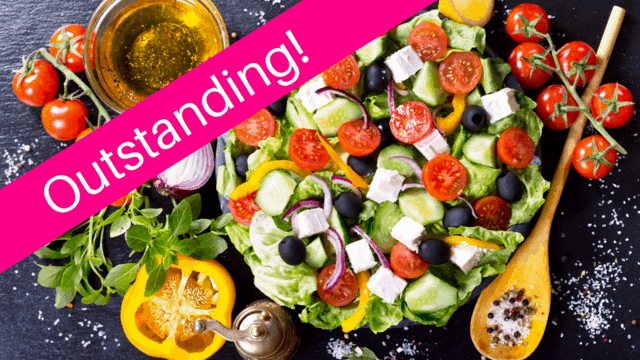
Synonyms for Bad
BAD (adj.) (=of low quality)
In a similar way, we use bad or really bad, for
- People
- Things (films, concerts, books, meals)
- Events (a concert, a wedding, a meeting, a party, etc…)
Find out more: Similar Part 2 topics.
Here are some other ways of saying bad or very bad,
The film was awful
The food was shocking
This book was terrible
The party was a real let-down
IELTS Vocabulary: Adjectives for Important
IMPORTANT (adj.) (=of significant value)
We use important, meaning of significant value, mainly for
- Things (films, books, letter, email)
- Events (a concert, a wedding, a meeting, a party, etc…)
Here are some other ways of saying important or very important
This meeting is key, I need to prepare it well
This is a crucial email, I need to send it right now
This book is vital reading for all language students
This is a pivotal film in his career
My daughter’s wedding is of paramount importance, so no expenses spared
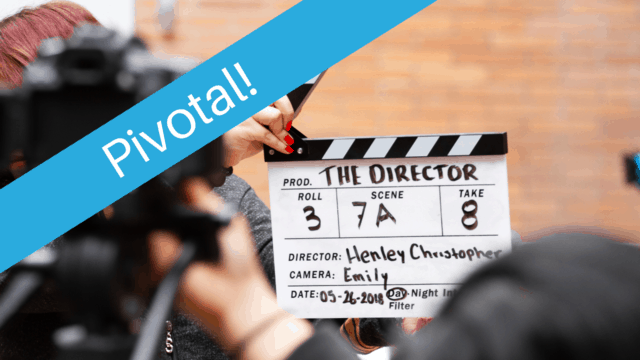
IELTS Vocabulary: Adjectives for Beautiful
We can use beautiful for,
- Things (films, view, art, performance, music)
- People
Here are some other ways of saying beautiful or really beautiful,
This view is stunning
The view takes your breath away
She looks gorgeous in that dress
This work of art is magnificent
This is a nice photo, it really catches your eye
So, there you have lots of wonderful adjectives, adjective phrases and synonyms to describe very common situations, including things, people, activities and events.
Remember, don’t cram, learn these over time and put them into your daily practice.
Play around with them and have some fun experimenting and practicing.
Repeat, and then make sentences which are true for you.
Make an example which is true for you, using one of the adjectives above, and leave it in the comments below. Together we can learn as a community!


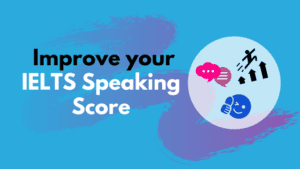
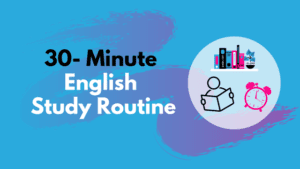

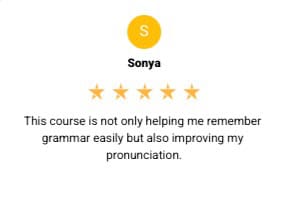
9 thoughts on “IELTS Vocabulary: Adjectives for Speaking”
Thanks a lot. You are such an amazing teacher, with absorbing teaching methodology.
So kind – thank you!
Thanks a lot for your amazing lessons.
You’re making them with great love and much skillfully.
You’re a model of a perfect teacher. I use them for a Cambridge exam.
Thanks again
You are welcome, and that’s great you are using them for Cambridge exams too. It’s all about learning more English, at the end of the day.
Pingback: IELTS Speaking Vocabulary: Synonyms for Common Adjectives - Newsmag
Can we use all these in writing?
Most of these are certainly more spoken language, rather than writing. However, those synonyms of important, bad and great could be used in writing.
Thank you so much
it would be better if we had shorter version of the lessons because we usually watch YouTube videos.
Thanks for your suggestion!